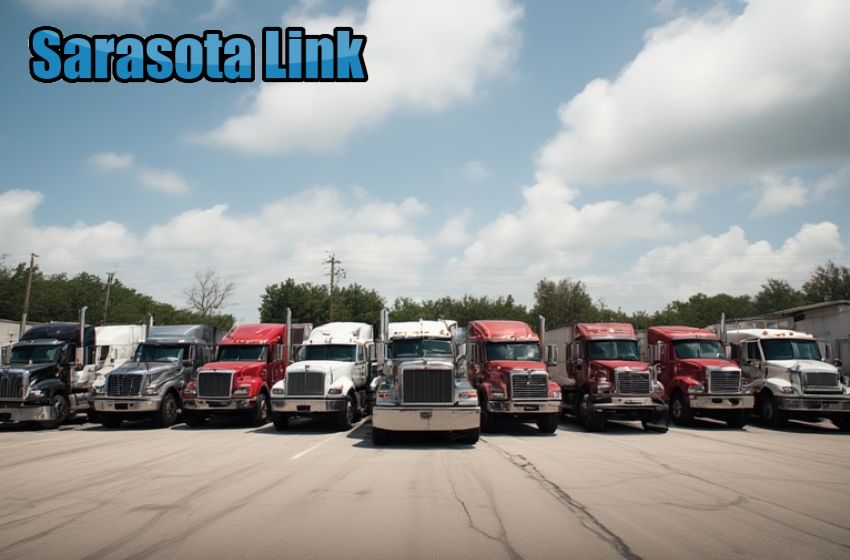HEAVY TRUCK SALES FALL 25%. What does it mean?

In recent months, the trucking industry has entered a challenging phase, often referred to as a “freight recession.” This downturn is causing concern not just among trucking companies but across the broader economic landscape, as fluctuations in trucking activity are considered a key barometer of overall economic health.
Trucking is an essential pillar of the U.S. economy, responsible for transporting approximately 70% of the nation’s freight by weight. When truckers are moving goods, it typically signals that consumers are buying more, businesses are thriving, and economic activity is robust. However, current reports indicate a worrying trend: carriers are experiencing reduced freight volumes and declining rates, which could indicate turbulence in the economy ahead.
Several factors are driving this freight recession. One significant element is cautious consumer spending. In an era marked by high inflation, many households are tightening their belts, resulting in lower demand for goods. Consumers are increasingly focusing on essentials and are hesitant to make larger purchases, impacting retailers and subsequently the traffic of goods that are shipped by truck.
Another influential factor contributing to this downturn is the rise in borrowing costs. With interest rates increasing to combat inflation, businesses face higher expenses when seeking loans for expansion, purchasing equipment, or maintaining operational liquidity. This situation can stifle growth and deter companies from increasing their inventory levels or planning for future demand, which translates to less freight being moved.
Moreover, geopolitical uncertainty, including ongoing global tensions and trade disruptions, adds to the complexity. Events such as conflicts or trade policy changes can lead to unpredictability in supply chains, causing further slowdowns in freight movement. Trucking companies often find themselves navigating a landscape where routes can suddenly shift, impacting their operational efficiency.
The implications of a freight recession extend beyond just the trucking industry. As volume declines and rates drop, smaller operators may find it more challenging to stay afloat. Consolidation may occur in the industry as financially strained companies struggle to compete with larger, more established carriers. This consolidation could lead to decreased competition, which in turn may affect rates and service for consumers and businesses alike.
For the broader economy, the visibility of a trucking downturn can have a ripple effect. With less freight being moved, businesses may experience higher costs and disrupted supply chains, which can lead to inflationary pressures in certain sectors. Additionally, as fewer goods are transported, the related industries—such as warehousing, logistics, and manufacturing—may also face declines, further exacerbating the economic slowdown.
Looking ahead, stakeholders in the trucking industry and the economy at large are hopeful for a turnaround. While the factors contributing to the freight recession are significant, industry experts are also monitoring market trends that could suggest a potential rebound. Seasonal demand, shifts in consumer behavior, and broader economic reforms might provide the necessary stimulus for recovery.
In the meantime, as we navigate these uncertain times, it’s crucial to stay informed about the trucking industry and its implications on our local and national economy. Understanding the dynamics at play can better prepare us for the possible recovery that lies ahead.




